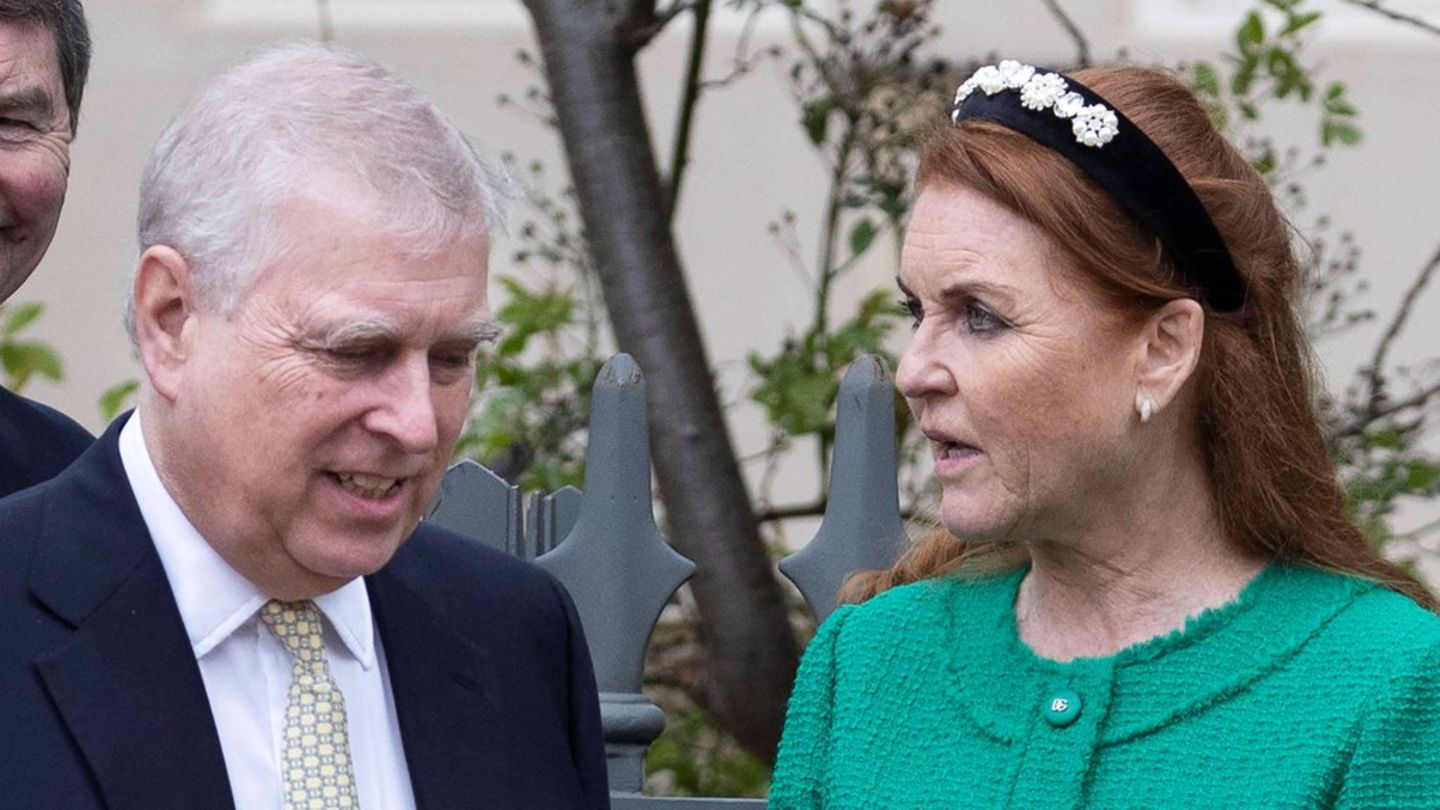Hong Kong pushes its security law through parliament in a marathon session. The government of China’s Special Administrative Region did not want to wait. This also has to do with the past.
Hong Kong’s Legislative Council has unanimously passed the controversial security law for the Chinese Special Administrative Region. As a result of the mass protests for more democracy more than four years ago, punishments in Hong Kong are being tightened and the police are being given more power to investigate or arrest suspects in certain cases.
Hong Kong Prime Minister John Lee spoke of the vote as a “proud moment.” The city now has tools to protect itself against the threat of “black violence” – a reference to the black-masked demonstrators at the time.
The introduction of the security law for Hong Kong was already provided for in the local constitution, which has been in force since the former British crown colony was returned to China in 1997. However, the government has so far failed due to considerable resistance from the population. But there was no doubt that this would happen. The 90 representatives in the current Legislative Council are considered to be predominantly loyal to Beijing. There were virtually no protests against the draft in advance. Since the suppression of the democracy protests in 2019, numerous activists have fled abroad or been sentenced to prison.
Fast forward through Parliament
Lee now wanted to rush the law through Parliament. The MPs met for a meeting that lasted many hours. Citing insiders, the Hong Kong “South China Morning Post” reported in advance that the strategy was to catch foreign governments unprepared and to reduce the influence of possible criticism.
British Foreign Secretary David Cameron had previously said that the new law would have a negative impact on the rights of people in Hong Kong. He expressed concerns that, for example, the broader definition of state secrets could restrict freedom of speech or that international organizations risk having their work viewed as disruptive outside interference. Critics also complain that Hong Kong’s international reputation will suffer as a result of the new law.
In principle, the draft expands the security law that the central government in Beijing introduced in 2020 after the protests in Hong Kong. New additions include the offenses of treason, rioting, theft of state secrets and espionage, sabotage to endanger national security and interference from outside. Among other things, the law provides for a life sentence for inciting a member of the Chinese armed forces to riot.
The law comes into effect this week
The same penalty applies to collaborating with an “external force,” such as a foreign government, to weaken or damage infrastructure and thereby endanger national security, according to the more than 200-page draft.
The previously applicable security law was initially directed against secession, subversion, terrorism and secret agreements with foreign forces. According to the Hong Kong leadership, the local security law that has now been passed was necessary because the law already implemented by Beijing did not yet meet all of the points required by the Hong Kong constitution.
The law is due to come into force on Saturday. “This is the biggest blessing for Hong Kong people,” MP Dennis Leung said on Tuesday, the South China Morning Post reported. In their speeches in the Council, some politicians rejected concerns that the law would be detrimental to Hong Kong, for example because investors could leave the metropolis. On the contrary, it was argued that it would strengthen the city as a financial center.
Source: Stern
I have been working in the news industry for over 6 years, first as a reporter and now as an editor. I have covered politics extensively, and my work has appeared in major newspapers and online news outlets around the world. In addition to my writing, I also contribute regularly to 24 Hours World.




